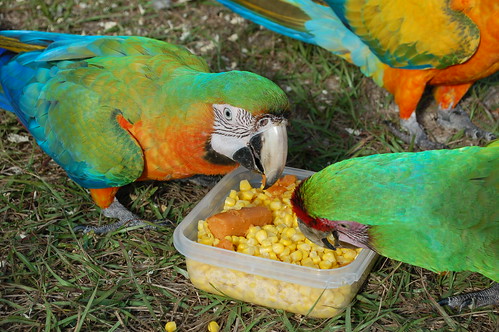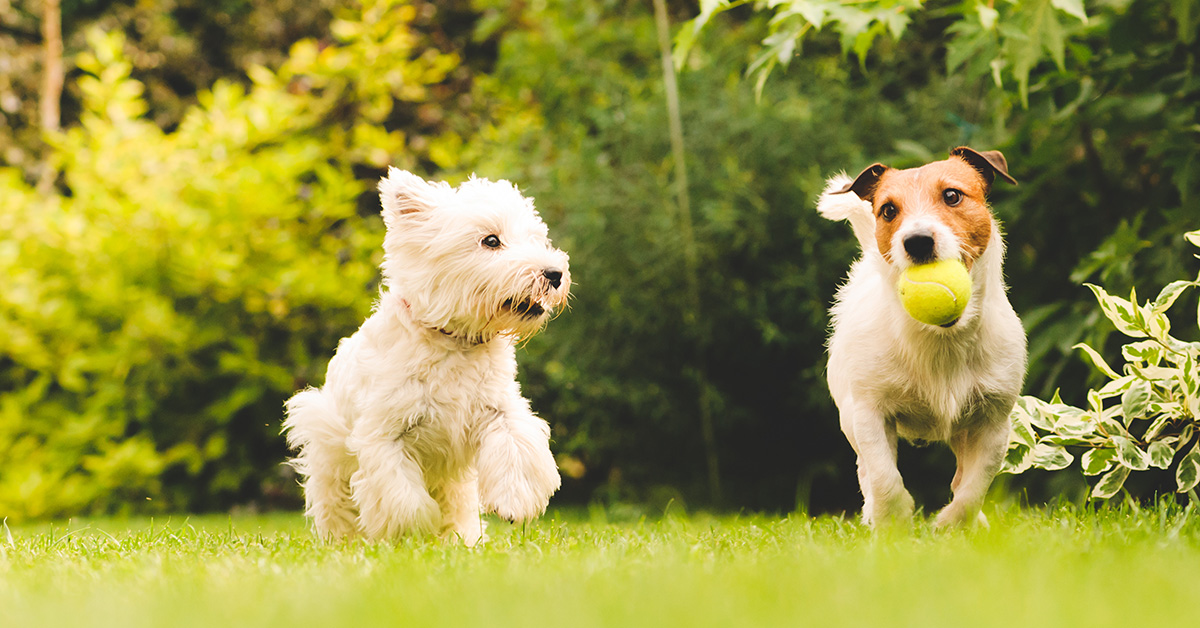
As responsible parrot owners, providing a varied and balanced diet is crucial for our feathered friends’ overall health and well-being. While pellets should form the foundation of a parrot’s diet, incorporating fresh fruits, vegetables, grains, and occasional treats can ensure they receive all the essential vitamins, minerals, and nutrients they need to thrive. In this comprehensive guide, we’ll explore the best foods for parrots, offer practical feeding tips, and discuss the importance of a varied diet for your parrot’s physical and mental health.
Pellets: The Foundation of a Balanced Diet
Pellets should make up 50-70% of your parrot’s daily intake, serving as the foundation of a balanced diet. High-quality pellets are formulated to provide complete and balanced nutrition, including proteins, carbohydrates, fats, vitamins, and minerals. When selecting pellets, look for products that are free from artificial additives, sugars, and dyes, as these can have negative long-term effects on your parrot’s health. Some recommended brands include Lafeber, Harrison’s, Roudybush, and Zupreem Naturals.
Fresh Fruits and Vegetables: Essential Nutrients and Variety
Fresh fruits and vegetables are an excellent source of essential vitamins, minerals, and fiber for parrots. Leafy greens like kale, spinach, collard greens, and Swiss chard provide vitamins A and C, calcium, and iron. Carrots are a fantastic source of beta-carotene, which is converted to vitamin A in the body, crucial for maintaining healthy skin, feathers, and immune function. Sweet potatoes are rich in vitamins A and C, fiber, and antioxidants, and can be served cooked or raw, mashed or diced.
When introducing new fruits and vegetables, do so gradually and in moderation, as some parrots may be hesitant to try new foods at first. Aim to incorporate a variety of colorful produce throughout the week to ensure your parrot receives a wide range of nutrients.
Grains, Legumes, and Nuts: Protein and Variety
Cooked beans and legumes, such as kidney, lima, navy, and pinto beans, are an excellent source of protein, fiber, and complex carbohydrates for parrots. Whole grains like brown rice, quinoa, and oats provide complex carbohydrates, fiber, and a range of vitamins and minerals. Nuts, while high in fat, can be a tasty treat for parrots when fed in moderation. Unsalted nuts like almonds, walnuts, and pecans provide healthy fats, protein, and minerals.
Foraging and Enrichment: Promoting Natural Behaviors
Parrots are intelligent creatures and can quickly become bored if not provided with adequate mental stimulation. Incorporating foraging toys and scatter feeding can help satisfy their natural foraging instincts and keep them engaged and entertained. By hiding treats or pieces of their favorite fruits and vegetables in foraging toys, you can encourage your parrot to work for their food, mimicking their natural behavior in the wild.
Transitioning to a New Diet: Patience and Consistency
Changing your parrot’s diet can be a challenging process, as many birds become “seed junkies” and can be resistant to trying new foods. However, with patience and consistency, you can successfully transition your parrot to a healthier diet. Start by gradually introducing new foods, mixing them with familiar items your parrot already enjoys. Offer a variety of colorful, nutrient-dense foods throughout the day, and be sure to remove any uneaten food to prevent spoilage and encourage your parrot to try new things.
If your parrot is particularly stubborn, you can try the “cold turkey” method, removing all other food sources and offering only the new diet. However, this approach requires close monitoring and may not be suitable for all birds. Consult with your avian veterinarian for personalized advice on transitioning your parrot to a healthier diet.
Hydration and Water Quality
Providing fresh, clean water is essential for your parrot’s health and well-being. Change your parrot’s water daily and clean their water dish regularly to prevent the buildup of bacteria and algae. If your parrot is hesitant to drink from a water dish, you can try offering water in a variety of containers or adding a few drops of fruit juice to encourage them to drink.
Toxic Foods to Avoid
While parrots can enjoy a wide variety of healthy foods, there are some items that should be strictly avoided due to their toxic nature. Never feed your parrot avocado, chocolate, onions, garlic, alcohol, or fruit seeds and pits, as these can be harmful or even fatal to your feathered friend.
Supplements and Vitamins
In some cases, your parrot may require additional supplements or vitamins to ensure they are receiving all the nutrients they need. Consult with your avian veterinarian before introducing any supplements, as over-supplementation can be just as harmful as deficiencies. If your parrot is on a seed-based diet, they may benefit from a calcium and vitamin D3 supplement to prevent metabolic bone disease.
Feeding Guidelines and Tips
– Chop or mash foods into bite-sized pieces to prevent choking and make them easier for your parrot to consume.
– Introduce new foods gradually and in small amounts to allow your parrot to adjust to new flavors and textures.
– Offer a variety of foods throughout the week to ensure your parrot receives a balanced diet.
– Monitor your parrot’s weight and adjust their food intake accordingly to maintain a healthy body condition.
– Avoid feeding your parrot while they are in their cage, as this can lead to food aggression and territorial behavior.
– Provide a separate feeding area or perch to encourage your parrot to associate that space with positive experiences.
The Importance of a Varied Diet
A varied diet is essential for maintaining your parrot’s physical and mental health. Providing a range of nutrient-dense foods not only ensures your parrot receives all the vitamins and minerals they need but also keeps them engaged and entertained. Parrots in the wild spend a significant portion of their day foraging for food, and this natural behavior should be encouraged in captive birds as well.
By incorporating a variety of pellets, fresh fruits and vegetables, grains, legumes, and occasional treats into your parrot’s diet, you can help prevent nutritional deficiencies, support a healthy immune system, and promote overall well-being. Remember, every parrot is unique, so it’s essential to work closely with your avian veterinarian to determine the best diet for your feathered friend.
Finally, providing a balanced and varied diet is one of the most important aspects of responsible parrot ownership. By incorporating high-quality pellets, fresh fruits and vegetables, grains, legumes, and occasional treats into your parrot’s diet, you can help ensure they receive all the essential nutrients they need to thrive. Remember to introduce new foods gradually, offer a variety throughout the week, and always provide fresh, clean water. With patience, consistency, and a little creativity, you can help your parrot develop a healthy relationship with food and enjoy a long, happy life by your side.
Enjoyed reading the article? Feel free to share on social media using the social icons above. You can also leave a comment below.


